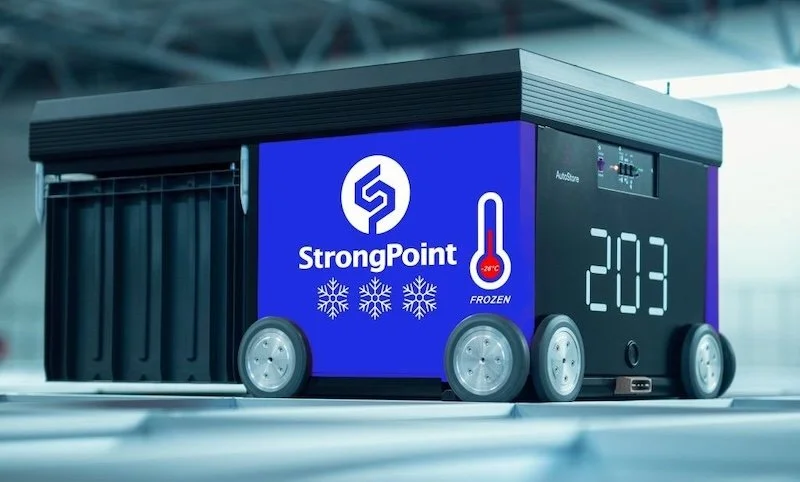London Tech Week panel featuring Just Eat and SumUp: Reimagining role of payments and personalisation
As retail continues to blur the lines between physical and digital, a panel at London Tech Week considered how brands can use technology to ensure these experiences are both seamless and secure.
Despite most of the audience only knowing Just Eat as a takeaway delivery service, the app has expanded significantly beyond this initial launch and now offers quick delivery from a range of stores including supermarkets, technology stores and pet food outlets.
“We do still sell takeaways, but we’re actually a very large logistics business,” said Jessica Hall, Chief Product Officer at Just Eat. She described their speciality as “last mile delivery,” as they aim to digitise the high street and enable retailers to reach new customers.
Hall said Just Eat’s biggest challenge is competition, although she explained this varies across countries and regions. In the UK, it faces fierce competition in London, but less so across the rest of the country.
Frictionless payment is key to winning over business in this space, and again the preferred platforms differ in each country. “We’ve got to get it right for each local market,” Hall explained.
Luke Griffiths, Chief Commercial Officer at British FinTech specialist SumUp, well known for its small payment terminals, explained that frictionless payments are the company’s speciality. While its payment system might be the most recognisable part of its offer, Sum Up is planning to move into the loyalty and capital finance space as well.
Ultimately, SumUp is aiming to offer its platform for free. “We have an ambition to replace Visa,” Griffiths shared. “We’ve tried to force down the cost of payments for SMEs and level the playing field.” He says the company’s system aims to put its customers the same technology as large enterprises.
“Fraud is a challenge,” Hall said. For Just Eat this isn’t just credit card fraud but also customer service fraud. The company is using software to track potentially fraudulent activity and an algorithm to detect unusual customer behaviour. Customers with a suspicious return rate can also be blocked from the app.
SumUp is also using AI to manage risk and model fraud. “We’re also using it across customer service,” Griffiths explained. “We can now optimise the information our agents provide customers with.” He said this could include detailed information about their best-selling products or other data insights.
Just Eat claims to be the first delivery business offering in-car deliveries, thanks to its partnership with Mercedes. Customers in the UK, Ireland, Spain, Germany, Austria, and Italy can now use text or touch commands to place orders using their in-car screen.
Hall explained the innovation is partially in response to the longer time needed to refuel an electric vehicle, leaving customers waiting at charging stations for extended periods. “We’re always looking at how we can serve our customers better,” she said. Just Eat has also recently launched a subscription offer, making it cheaper for its repeat customers.
While Griffiths said SumUp had seen innovations such as palm recognition powered payments, he believed consumer adoption was key to new payment methods. “It’s about how they get adopted and where it makes sense,” he said. “It’s got to be solving a problem rather than just being new technology.”





















Continue reading…